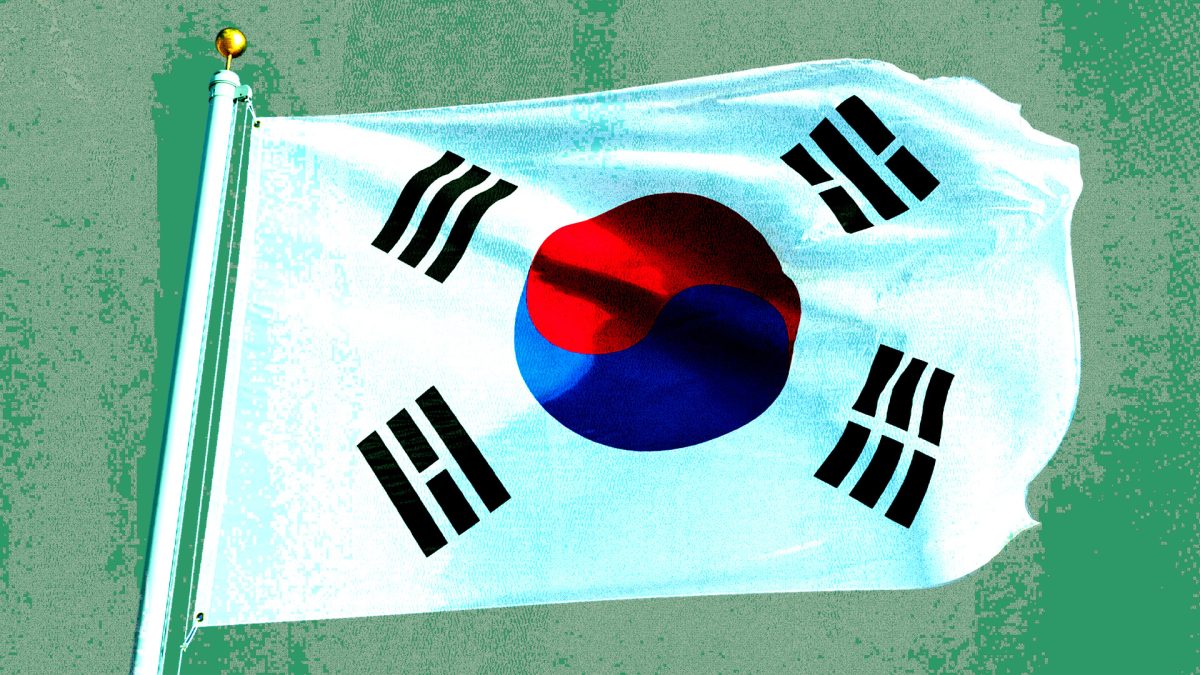KakaoBank signals entry into South Korea’s stablecoin market amid regulatory push: report
Quick Take KakaoBank’s CFO says it is reviewing new business ventures in digital asset issuance or custody, while working with Kakao’s stablecoin task force. South Korea’s President Lee Jae Myung is pushing to establish a local won-based stablecoin market to prevent capital flight.

KakaoBank, the banking arm of South Korea's IT giant Kakao, said it is positioning itself to be a key participant in the stablecoin market .
According to multiple local media reports, KakaoBank's Chief Financial Officer Kwon Tae-hoon said at its H1 2025 earnings release that it is currently reviewing various options to partake in digital finance, such as the issuance or custody of digital assets.
Kwon highlighted that the digital-only bank is making such preparations in cooperation with Kakao Group's stablecoin task force.
CFO Kwon added, "Stability and technological prowess are the most critical factors for stablecoins. For three years, while issuing real-name verified accounts for virtual asset exchanges, we have practically operated risk-related functions, including monitoring based on Know Your Customer (KYC) and Anti-Money Laundering (AML)."
"While stability and technological prowess are most critical for stablecoins, we have practically operated crypto-related risk management, issuing real-name verified accounts for a crypto trading platform and KYC/AML monitoring," Kwon said, according to local news outlet ZDNet .
The KakaoBank CFO added that it participated in the Bank of Korea's CBDC trial, processing digital wallets, transactions, and remittances.
KRW Stablecoin
The bank appears to be gearing up for South Korea's upcoming won-based stablecoin market, which has been endorsed by the country's recently elected President, Lee Jae Myung.
During his election campaign, Lee vowed to promote a local currency-based stablecoin market as a measure to prevent capital flight. Following his election, a ruling party lawmaker submitted a bill to establish a fundamental regulatory framework for KRW stablecoins.
Such developments were quickly matched by the private sector. KakaoPay, the payment division under the same IT group, was one of the first to file trademark applications for stablecoin ticker symbols in June.
Meanwhile, KakaoBank reported in its H1 earnings call that its operating profit grew 11% to 353.2 billion won ($254 million) year-over-year, while its deposit balance rose 19% to 63.7 trillion won ($45.8 billion) during the same period.
The bank also reported that it onboarded nearly one million users in the first half of 2025, expanding its user base to 25.86 million, which is approximately half of the country's population.
Disclaimer: The content of this article solely reflects the author's opinion and does not represent the platform in any capacity. This article is not intended to serve as a reference for making investment decisions.
You may also like
Can the 40 billion bitcoin taken away by Qian Zhimin be returned to China?
Our core demand is very clear—to return the assets to their rightful owners, that is, to return them to the Chinese victims.

Bitcoin Surges but Stumbles: Will Crypto Market Recover?
In Brief Bitcoin fails to maintain its position above $93,000 and faces heavy selling pressure. Altcoins experience sharp declines, with some showing mixed performance trends. Shifts in U.S. spot Bitcoin ETF flows highlight cautious investor behavior.

Qubic and Solana: A Technical Breakthrough by Studio Avicenne

